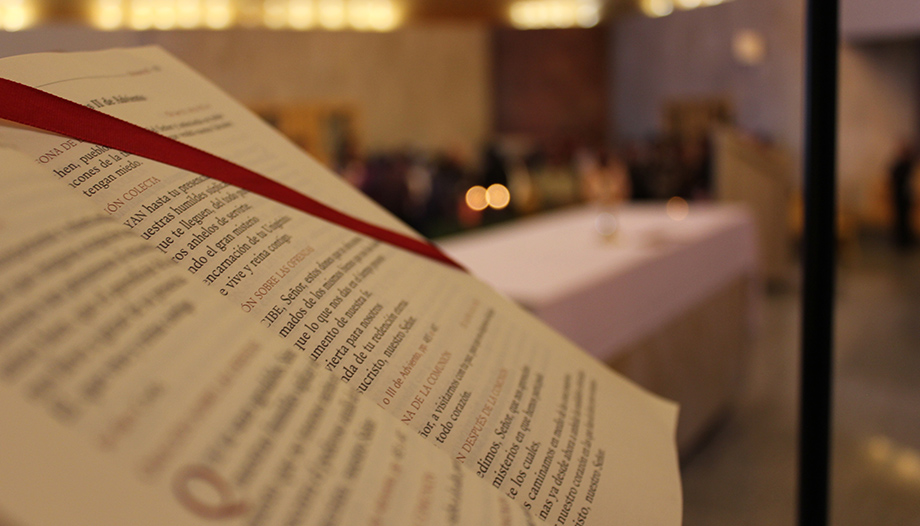The world's great religions have tried to address the problem of suffering in different ways. Buddhism proposes an ascetic way of trying to free ourselves from all passions, aspiring to such a radical detachment from them that we can be indifferent even to suffering. The summit of Jewish and Islamic thought is to recognize how little we know and that suffering is part of a greater divine plan that we can never, and should never even attempt to, comprehend. We must only accept it. We see this approach in the Old Testament book of Job.
But Christianity, based on the life of Jesus and the prophecy of Isaiah announcing a Messiah who saves people through suffering (something ancient Israel could never accept), came to see in suffering a path to salvation, ours and that of others. In today's Gospel, Jesus announces this way to the apostles, but Peter, still too influenced by his Jewish background, is scandalized by this possibility.
"From that time Jesus began to tell his disciples that he must go to Jerusalem and there suffer much at the hands of the elders, chief priests and scribes, and that he must be put to death and be raised on the third day. Peter took him aside and began to rebuke him: 'Far be it from you, Lord! This cannot happen to you.
Peter makes such a big mistake that Our Lord has to rebuke him publicly. "He said to Peter, 'Get behind me, Satan! You are a stumbling block to me, because you think as men do, not as God does'". In trying to turn Jesus away from his Passion, Peter was acting, albeit unknowingly, as an instrument of Satan, because it is through suffering that Christ would save us. It is a mystery that we will never fully understand. But at least we can perceive that evil necessarily causes suffering and that, by accepting its "sting" in loving union with God, we can turn something bad into something good. The poison of sin brings suffering, but we can accept this suffering and overcome it through the "antidote" of love. Thus insists Our Lord: "If anyone would come after me, let him deny himself and take up his cross and follow me". We must be willing to lose this life, he explains, in order to gain the next. With the same vision, St. Paul exhorts us to present "the way of the Lord.your bodies as a living sacrifice, holy, acceptable to God; this is your spiritual worship". Accepted with love, suffering can become a form of worship, bodily at least, even if our mind is not lucid enough to pray. The prophet Jeremiah, in today's first reading, though he does not fully grasp the saving power of suffering, glimpses it in his determination to continue to proclaim God's word even though he suffers ridicule for it. It is worthwhile to do so faithfully even when "the word of the Lord has been a daily reproach and contempt to me".
Homily on the readings of the 22nd Sunday in Ordinary Time (A)
The priest Luis Herrera Campo offers its nanomiliaA short one-minute reflection for these Sunday readings.








